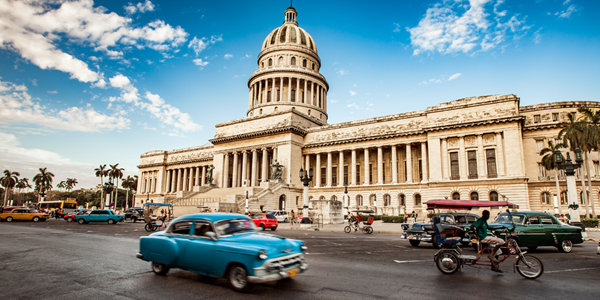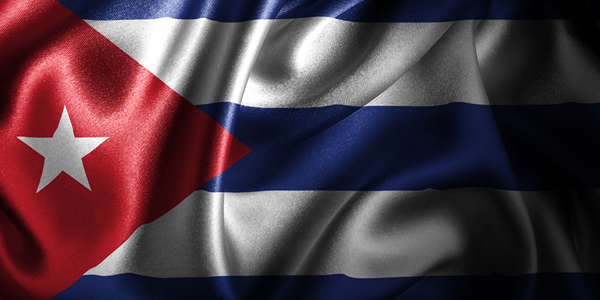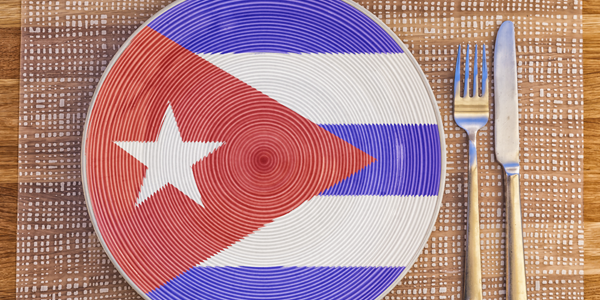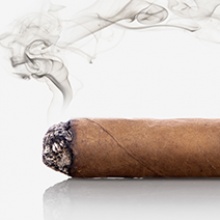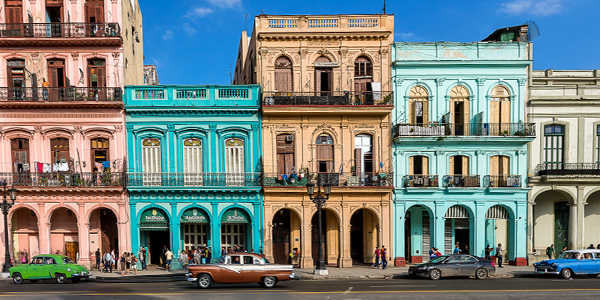Interesting Facts About Cuba
Nearly six decades after Fidel Castro came to power, Cuba still retains an air of mystery to the Western world. Now, that veil is being lifted, largely in part due to a regime change with Cuba’s new president and hopes are high for U.S.-Cuba relations to improve.
With so much to offer, from a tourist hotspot to center of commerce, Cuba is steeped in a rich, culture of tradition and holds a fascination for historians and travelers alike. To whet your appetite for all things Cuban, your friends at Holt’s present some interesting facts about Cuba, its culture, and history.
Facts About Cuba’s History & Geography
● Pre-Colonial Cuba. Before the arrival of Spaniards, Cuba was home to several indigenous cultures: the Tainos, the Guanahatabeyes, and the Ciboneyes.
● An island by any other name. Cuba gets its name from the Taino language and loosely translates to either “where fertile land is abundant” or “great place.”
● Cuba was once a Spanish colony. From the outset of the 16th century, Cuba was a colony tightly held by Spain. It was overseen by a Spanish governor seated in Havana. It wasn’t until nearly 400 years later that Cuba was able to gain its independence from Spanish rule during the Spanish-American War.
● An island of islands. Cuba is an island nation located in the Caribbean, measuring 780 miles long by 119 miles wide, encompassing over 40,000 square miles. Outside of the main island (Cuba proper), Isla de la Juventud (Isle of Youth) is the next largest island, with an area of 850 square miles. There are more than 4,000 islands and cays located in the surrounding sea and bays.
● Cuba’s neighbors. Cuba maintains close proximity to numerous countries, including the United States, Mexico, Jamaica, Haiti, and the Bahamas.
Facts About Cuban Cuisine
● A multicultural mix. Due to Cuba’s proximity to various countries, traditional Cuban food culture is drenched in diverse Spanish, French, African, and Caribbean styles, with some additional indigenous Taino flair.
● Spanish influence. Cuban cooking was originally impacted by early Spanish colonization; rice and beans are dietary staples. Seafood, root vegetables and fruits are also major components of the everyday Cuban diet.
Facts About Cuban Music
● More than just “Babalu.” Fans of classic TV show I Love Lucy may connect Cuban music with actor/band leader Desi Arnaz wailing “Babalu” while pounding on a Conga drum. However, Cuba’s musical culture is far more diverse.
● The birth of Cuban music. One of the earliest known Cuban musical genres is Son, a 19th century blend of African vocals and percussion intermixed with Spanish verses and choruses.
● The “son” of Son. Salsa music is a direct descendent of Son, with its distinctive rhythms grounded in subtle hints of American jazz, and a musical form that led the way for the development of Cuban jazz.
● Timba: Taking Salsa up a notch. Timba is another important genre, most recognizable as fast-paced Salsa mixed with assorted other ingredients such as reggae, rap, and African folk.
● Cuba’s influence on rock n’ roll. Cuba made an impact on American rock music, earning a mention in classics like Chuck Berry’s “Havana Moon” and The Ramones’ “Havana Affair” name-checking the country’s capital.
Facts About Cuba’s Education System
● The best scholastic system in Latin America & the Caribbean. Cuba’s scholastic system is entirely subsidized by the government and receives a 13% share of the national budget.
● One of the highest literacy rates in the world. Owed to its stellar education system, Cuba boasts a 99.7% literacy rate with a 99.8% literacy rate among females.
● Universities and technical schools. Cuba’s universities and technical schools are operated by the Ministry of Higher Education with a total of 47 universities and roughly 400,000 enrolled students at a given time.
Facts About Cuba’s Economy
● “Little Vegas.” Prior to the Cuban revolution and Castro’s takeover and feud with the U.S., tourism provided Cuba with a steady income stream from casual visitors and mobsters, alike. Many Mafiosos looked to exploit Havana as a Caribbean version of Las Vegas.
● Gimme some sugar. Historically, Cuba’s most important cash crop was sugar, with the United States as its largest customer. A global crash in sugar prices and the U.S. trade embargo drove Cuba’s economy to the brink of disaster. The aftereffects are still felt to this day, though sugar has been supplanted by tourism as Cuba’s lifeline to economic stability.
Facts About Sports in Cuba
● Fidel Castro: Superfan. Castro believed that sports were an endeavor for all people, not exclusively for the wealthy, and created The National Institute of Sport, Physical Education, and Recreation (INDER) in 1961. INDER served as the governing body for all sports and recreational activities, including developing sports and scholastic sports education.
● Baseball and boxing reign supreme. Although five sports are available in Cuba’s secondary schools, (baseball, basketball, track/field, gymnastics, and volleyball), it is baseball and amateur boxing that dominate Cuba’s greatest pool of athletic talent.
● Olympic participation. Cuba has competed in the Olympics, including 20 of 28 Summer Olympics games. They’ve never participated in the Winter Olympics, yet have still won an impressive total of 220 medals, with a tally of 77 gold, 68 silver, and 75 bronze.
With the potential for better relations between the U.S. and Cuba, here’s hoping that many of us have more of a chance to experience this island nation for ourselves in the years ahead.

